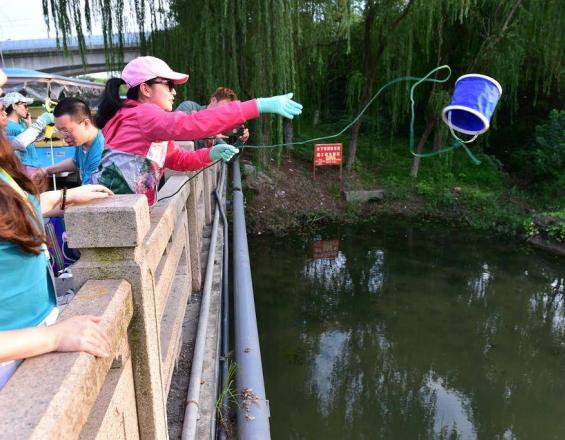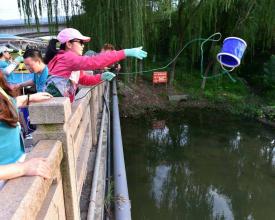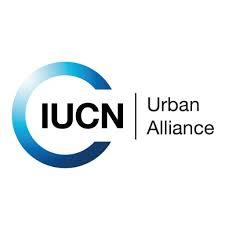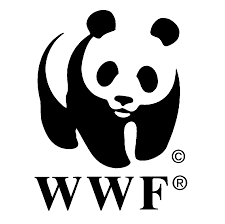
Sustainable Cities in China: Urban wetlands as nature-based solutions

Urban wetlands can benefit local populations through improved water quality, biodiversity, air quality and microclimate (cooling). However, there is a lack of information on how best to manage multi-use wetlands to maximise their role as nature-based solutions. The Earthwatch Institute is working with the Chinese Academy of Sciences and WWF China to investigate best practice for wetland management for agriculture, tourism and conservation, with respect to the benefits they provide. Different land management approaches are being compared in two major wetlands near Shanghai and Guangzhou to improve understandings on the best management practices, as well as to identify how wetlands can help mitigate the adverse effects of land-use change and climate change.
Impacts
Preliminary results, including the data acquired by citizen scientists, indicate that different wetland managements have different retention capacities regarding dissolved nutrients and suspended sediment. This project compared the remediation capacity of natural (unmanaged) wetlands to wetlands managed for agriculture and tourism. All three types of wetlands showed benefits to downstream water quality, though natural wetlands performed best in terms of removing nutrients and suspended sediments. This research aims to provide new insights into the long-term management of urban wetlands in their role as nature-based solutions, as well as look at the impacts of different land uses around them. Research results will be published for the international scientific community and be used to provide vital recommendations to local governments, policymakers and urban planners. Urban wetlands and lakes offer a cost-effective and sustainable option to help process polluted air, reduce the temperature within cities and allow surface water runoff and filtration, whilst allowing for ecosystems to flourish in urban environments.





